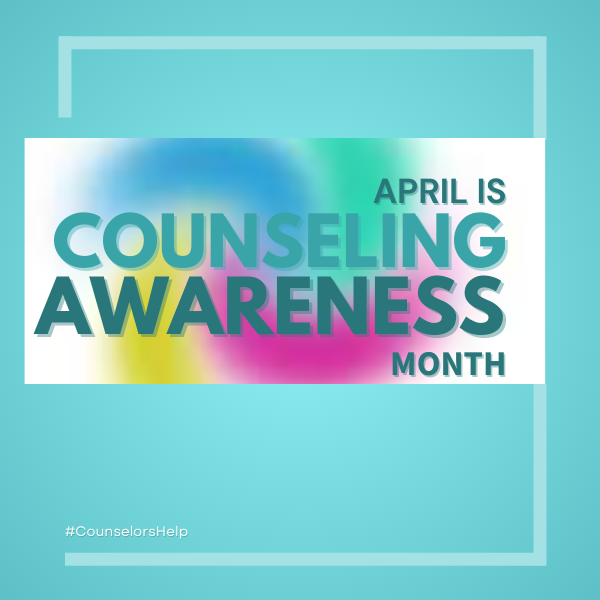Stress is an inevitable part of life. Whether it stems from work, relationships, or unexpected challenges, everyone experiences stress at some point. While stress can sometimes be a motivator, chronic stress can negatively impact your mental, emotional, and physical health.
In this guide, we’ll explore how to effectively manage stress, prevent burnout, and cultivate a sense of balance in daily life.
What is Stress, and Why Does it Matter?
Stress is your body’s natural response to pressure or challenges. When faced with a stressful situation, your brain releases hormones like cortisol and adrenaline, triggering a “fight, flight, or freeze” response. While this reaction can be helpful in short-term scenarios, long-term or chronic stress can lead to:
- Anxiety and depression
- High blood pressure and heart disease
- Sleep disturbances and fatigue
- Weakened immune function
- Digestive problems
How do I know if I’m too stressed?
If you’re experiencing constant fatigue, irritability, headaches, muscle tension, trouble sleeping, or difficulty concentrating, you may be dealing with chronic stress. Recognizing these symptoms is the first step toward managing it.
- Identify Your Stress Triggers
Before you can effectively manage stress, you need to understand what’s causing it. Some common stress triggers include:
✔ Work Pressure – Deadlines, job insecurity, or excessive workload
✔ Financial Struggles – Bills, debt, or unexpected expenses
✔ Relationship Conflicts – Miscommunication, disagreements, or lack of support
✔ Health Concerns – Chronic illness or unexpected diagnoses
✔ Major Life Changes – Moving, divorce, or career transitions
What is the best way to pinpoint my stress triggers?
Keeping a stress journal can help. Write down when you feel stressed, what caused it, and how you reacted. Over time, patterns will emerge, allowing you to address root causes.
- Develop Healthy Coping Mechanisms
Once you’ve identified your stressors, you can implement effective coping strategies to reduce their impact.
A. Practice Mindfulness and Meditation
Mindfulness involves staying present and aware of your thoughts, feelings, and surroundings without judgment. Meditation, deep breathing, and grounding exercises can lower cortisol levels, helping you stay calm.
Try This: The 4-7-8 breathing technique – inhale for 4 seconds, hold for 7 seconds, and exhale for 8 seconds. Repeat to instantly relax.
B. Exercise Regularly
Physical activity releases endorphins, which improve mood and reduce stress. You don’t need to spend hours at the gym—30 minutes of daily movement can make a big difference.
✔ Go for a brisk walk
✔ Practice yoga or stretching
✔ Join a recreational sport or dance class
C. Prioritize Sleep
Lack of sleep intensifies stress, while good sleep helps regulate emotions and improves resilience.
Tips for Better Sleep:
- Stick to a consistent sleep schedule
- Limit screen time before bed
- Create a relaxing bedtime routine (reading, meditation, etc.)
Why do I still feel stressed even after trying to relax?
It’s possible that unresolved emotions, deep-seated anxieties, or unmanageable workloads are keeping stress levels high. If stress persists, speaking with a therapist may help.
- Set Boundaries and Learn to Say No
Many people experience stress because they take on too many responsibilities. Setting clear boundaries helps protect your time and energy.
✔ At work – Delegate tasks and communicate your workload
✔ In relationships – Express your needs and prioritize self-care
✔ With technology – Reduce screen time and unplug when needed
How do I say no without feeling guilty?
Practice polite but firm phrases like:
“I appreciate the offer, but I can’t commit right now.”
“I need to focus on my current priorities.”
Remember: Saying no is an act of self-care, not selfishness!
- Build a Support System
Connecting with others is an essential stress management tool. Talking to friends, family, or a therapist can help you process emotions and gain new perspectives.
✔ Social Support – Spend time with people who uplift you
✔ Professional Help – Therapy can provide tools for managing stress effectively
✔ Community Engagement – Volunteering, group activities, or support groups create a sense of belonging
When should I consider therapy for stress?
If stress is interfering with your daily life, work, relationships, or physical health, therapy can provide valuable coping strategies and support.
- Adopt a Balanced Lifestyle
Managing stress is easier when your body and mind are well-nourished. Incorporate:
✔ Healthy Eating – Nutrient-rich foods to stabilize mood and energy
✔ Hydration – Drinking enough water to prevent fatigue
✔ Creative Outlets – Painting, music, journaling, or hobbies for self-expression
✔ Time for Fun – Laughing and engaging in enjoyable activities
What is the fastest way to reduce stress?
While long-term strategies are key, quick stress-relief techniques include:
- Stepping outside for fresh air
- Listening to calming music
- Practicing deep breathing exercises
Final Thoughts: Taking Control of Your Stress
Stress is a normal part of life, but it doesn’t have to control you. By implementing small, sustainable changes—identifying triggers, developing healthy coping mechanisms, and building strong boundaries—you can significantly reduce stress levels and improve overall well-being.
Need extra support?
Therapy can be a powerful tool in managing stress effectively.

EMDR Therapy: A Powerful Path to Trauma Healing
If you’ve experienced something painful that continues to affect your daily life—whether it’s anxiety, intrusive memories, or a persistent sense of unease—you’re not alone. Many people carry the weight of unresolved trauma without realizing how deeply it’s impacting...

Understanding Anxiety: Causes, Treatment, and How PCS Therapy Can Help
Feeling anxious from time to time is a normal part of life. But when anxiety becomes persistent, overwhelming, or begins interfering with your daily activities, relationships, or work, it’s time to take a closer look. Anxiety disorders are among the most common mental...

Counseling Awareness Month
Why Counseling Matters More Than Ever Every April, we celebrate Counseling Awareness Month (CAM)—a time to recognize the profound impact of professional counselors and the essential role counseling plays in supporting mental health and well-being across our...

Aviation Mental Health in 2025
Understanding the Changes and How PCS Therapy Supports You A New Era for Aviation Mental HealthMental health in aviation has long been a complex topic, with many pilots and air traffic controllers hesitating to seek help due to concerns about career consequences and...
Stay Connected & Prioritize Your Mental Well-Being
At PCS Therapy, we are committed to providing expert mental health support and trusted resources to help you navigate stress, trauma, and personal growth.
Need Personalized Support? Contact us today to schedule a confidential consultation.

